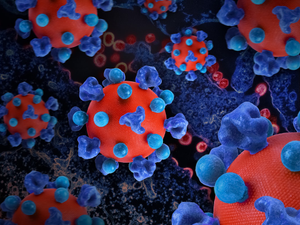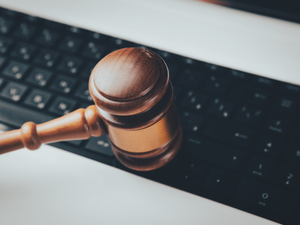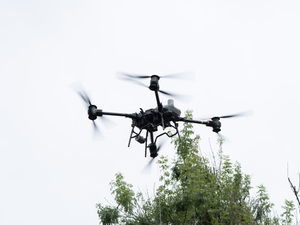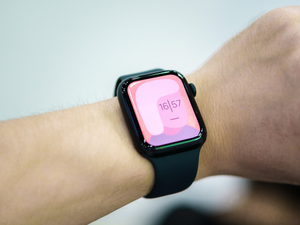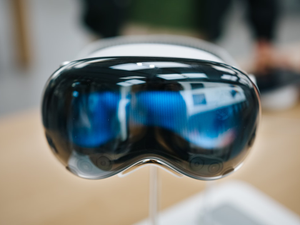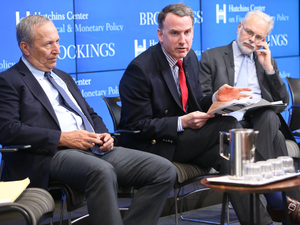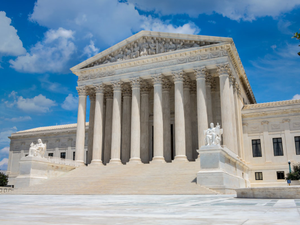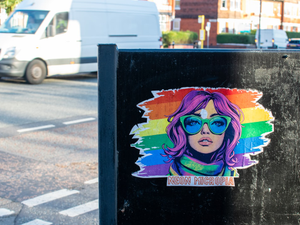AI Nudify Apps: The Digital Nightmare Haunting Teenage Victims
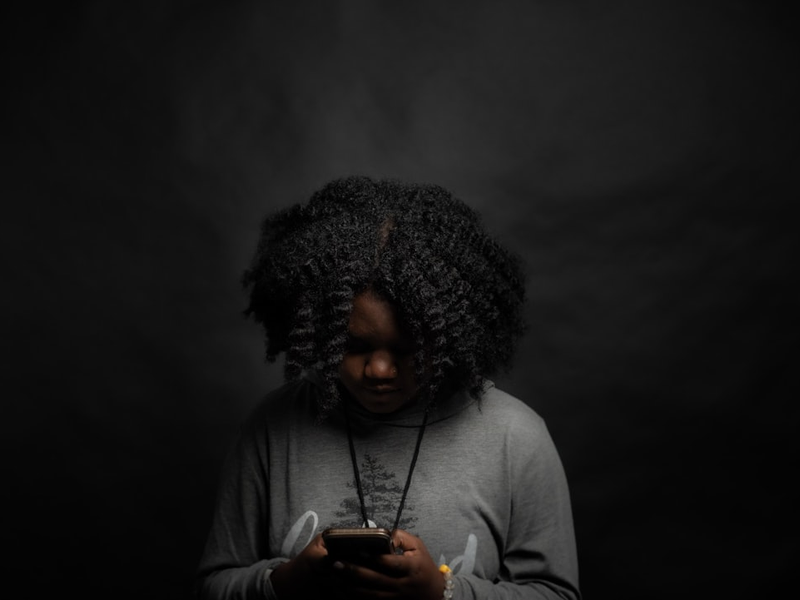
Photo by Chad Madden on Unsplash
A teenage girl’s life was turned upside down when a high school classmate used an AI-powered “nudify” app to generate nonconsensual explicit images of her, leading to a groundbreaking lawsuit that highlights the growing digital threat facing young people.
The teen, whose identity remains protected, is suing the creators of ClothOff, an AI application that can generate fake nude images, after experiencing profound emotional distress. Her lawsuit reveals the devastating psychological impact of these invasive technologies, which can create sexually explicit content without consent.
The legal action comes amid a broader crackdown on AI-generated sexually explicit content. Approximately 45 states have now criminalized the creation of fake nude images, and recent federal legislation like the Take It Down Act requires platforms to remove nonconsensual intimate images within 48 hours of a victim’s report.
Unfortunately, the teen’s trauma extends far beyond the initial image creation. She lives in constant fear that these AI-generated images could resurface at any moment, potentially being viewed by friends, family, future employers, or even predatory individuals online. The psychological burden of monitoring her digital presence has been overwhelming.
Legal experts suggest her lawsuit against ClothOff could potentially result in the app and its affiliated sites being blocked in the United States. Meanwhile, platforms like Telegram have stated that nonconsensual pornographic content is explicitly forbidden under their terms of service.
This case underscores the urgent need for robust legal protections and technological safeguards against AI-powered image manipulation. As artificial intelligence becomes more sophisticated, the potential for misuse grows, particularly targeting vulnerable populations like teenagers.
The lawsuit serves as a critical reminder that technological innovation must be balanced with strong ethical considerations and legal protections for individuals’ privacy and dignity.
AUTHOR: mei
SOURCE: Ars Technica






